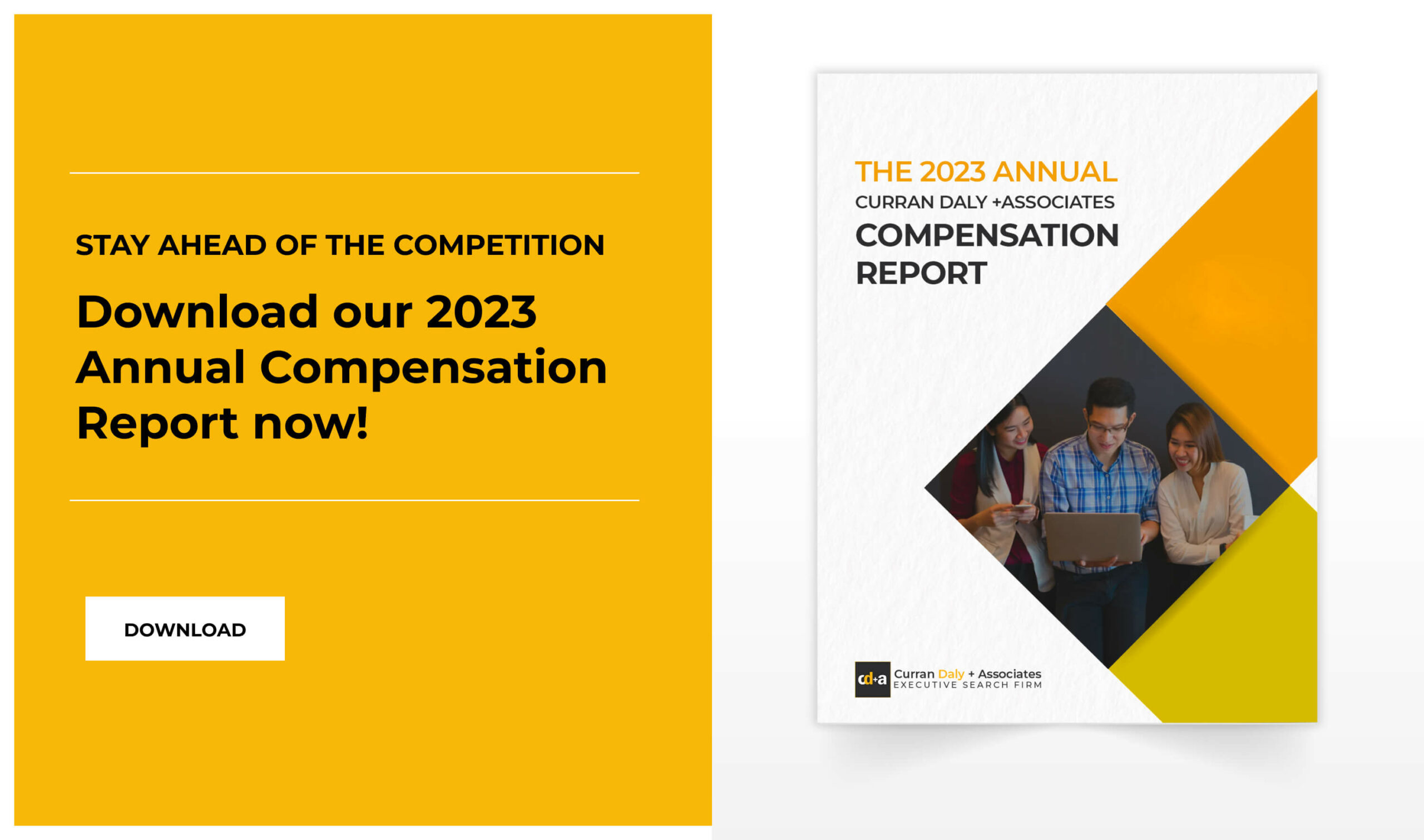- Since the pandemic, remote job interviews using landlines, mobiles, and other applications have become prevalent. Employers are embracing this practice as an effective way of assessing potential candidates for their organization.
- Through interviewing software, businesses can easily and quickly streamline their hiring process to ensure they find the perfect candidate for each position.
- Remote interviews have both advantages and disadvantages that should be weighed and considered to hire the best candidate efficiently.
- When done right, recruiting can be a cost-effective and time-efficient process to get the right candidates.
In recent years, remote job interviews conducted through landlines, mobiles, and other applications have been embraced and become an increasingly popular practice.
Due to the difficult circumstances of the COVID-19 pandemic, using telephone and VoIP (Voice over Internet Protocol) has become a vital necessity for communication.
VoIP is a revolutionary telephone system that allows you to make and receive calls via the internet instead of relying on traditional landlines.
Rather than being restricted by local phone companies for your communications needs, VoIP gives you the freedom to communicate with anyone in the world as long as you have an internet connection – no physical copper wires are required.
As VoIP grows in popularity, more and more people are becoming comfortable using it as part of their daily lives.
In this post, we’ll investigate the potential of utilizing innovative interviewing tactics to narrow your list of candidates and avoid having them come into the office.
Global organizations often prefer to conduct remote calls in the following situations:
- When candidates have to travel a long distance and/or are limited due to travel restrictions
- Telecommuters – In Australia, if the job duties can be carried out remotely, it may not be necessary to meet with potential candidates physically.
- Overseas Candidates/Cross borders/time differences – for example, many Filipinos work night shifts, making it nearly impossible to source candidates in person during the day as they would much rather use their time off for well-deserved rest. With telephone interviewing, access to candidates is much broader as you can schedule times more suitable to both the organization and the candidate.
- Used for screening when there are a large number of candidates
- When a large part of the job involves talking to people via phone medium (help desk, care line, etc.), they can also be especially common for sales-related jobs such as telesales, where verbal communication skills are an utmost requirement.
Related: The Pivot to Online Recruitment: Tips and Tricks to Get the Best Candidates
List of Interviewing Software Your Company Can Use
Interviewing software allows businesses to streamline their recruitment process and make sure that they hire the best candidates for each position.
Recruiters can quickly filter through applicants, create automated questionnaires, screen video interviews, conduct phone interviews, and more.
Here are incredible apps or software that will boost your hiring chance and give your company an edge in remote interviews.
LinkedIn Recruiter
LinkedIn Recruiter is a revolutionary search tool that makes it easy for recruiters to find the perfect candidate. By offering smart suggestions, this platform allows employers to refine their search and hone in on ideal skill sets, geographic locations, job titles, and more – making sure you find exactly what your business needs.
foundit
With the foundit app, you can effortlessly post new job openings and source outstanding talent from anywhere. Plus, its powerful search function makes it simple to filter out irrelevant entries so that your candidate’s list is always filled with top-notch potential hires. The app also lets you stay in touch with current and prospective employees quickly and easily.
Spark Hire App
The Spark Hire app allows you to access the digital interview process from any device, regardless of location. With such enhanced accessibility for candidates, it’s easier than ever for you to boost conversion rates. Not only that but reviewing videos has never been simpler – all recordings are made available straightaway on any gadget.
Todoist
Easily assign tasks due dates, utilize color-coding themes, and manage your projects from a desktop or mobile device. Plus, to keep you motivated during busy times of the year, Todist rewards users with “Karma points” for completing tasks on time – giving that extra boost of inspiration every step along the way.
30/30
This app is designed to give you the tools for success throughout your day. Take 30 minutes to focus on tasks like watching digital interviews, then reward yourself with an appropriate break! Furthermore, this app makes it simple and distraction-free: instead of buttons cluttering the main screen, all tasks can be accomplished by utilizing gesture commands.
Asana
With Asana, you can stay on track and organized to meet your deadlines. You can monitor project progress and individual tasks using intuitive web and mobile apps. Furthermore, there is an option for sprint planning that seamlessly integrates with other tools so successful launches become the norm rather than rare exceptions.
WhatsApp Business
WhatsApp Business app is an efficient, secure messaging platform that allows businesses to communicate promptly with potential hires. It further provides the capability of document sharing, allowing companies to seamlessly request sample work from candidates discussed during digital interviews.
TextUs
TextUs is a revolutionary communication app that amplifies your messaging rate tenfold. With TextUs, you can quickly transition from group broadcasting to individualized messages – ideal for increasing the speed of candidate interviews. Plus, this powerful application offers an intuitive platform to manage projects and hold team chats all in one place.
Furthermore, here are a few video meeting apps that Owlabs stated companies should use in conducting meetings, conferences, seminars, and interviews.
Zoom
Zoom is the go-to video conferencing solution for businesses due to its dynamic features and wide array of plans explicitly tailored to fit different business sizes. Whether you’re looking for personal or team meetings, their free plan is right for you. In addition, Zoom’s enterprise-level plan has everything you could desire: up to 200 meeting participants, limitless cloud storage space for custom emails, and a vanity meeting URL.
Skype for Business
Microsoft’s renowned Skype service is the perfect solution for business-oriented video conferencing, offering features such as connection with other Skype users, virtual whiteboarding capabilities, and a capacity of up to 250 attendees per meeting. With these powerful tools in place, businesses can communicate quickly and efficiently.
Slack
With its immense worldwide popularity, Slack has revolutionized collaboration in organizations by adding cutting-edge video conferencing capabilities. If you’re looking to merge different workforces, video conferencing perfectly complements Slack. With it, teams can combine their efforts in no time and become more productive.
Cisco WebEx
Cisco’s WebEx video conferencing service is an essential tool for any team or enterprise with a large number of members. It blends web and voice calling into one unified platform, allowing participants to connect via the internet or telephone – depending on their current situation. With this versatile feature, you can ensure that everyone will be included in important meetings regardless of location or availability.
Google Meet
Specifically crafted for businesses, Google Meet is the ultimate video conferencing tool. It’s a highly improved version of Google Hangouts specially designed to accommodate teams in virtual meetings. With features like synced calendars and a streamlined booking process for conference rooms – all backed by an elegant user interface.
The growth of VoIP and modern software have been comparable to that of the mobile phone. This has fostered a multicultural, tech-savvy world where using and being open to VoIP are highly esteemed, regardless of age or generation.
Related: How To Conduct Remote Job Interviews Effectively
Advantages & Disadvantages of Remote Interviews and Communication
Disadvantages of Remote Interviews and Communication
Despite the convenience and efficiency of remote communication, there are some potential downsides to consider. Digital communication can lead to misunderstandings due to a lack of nonverbal cues or facial expressions. It’s not always possible for others to gauge your tone or mood over text, email, chat, or even video calls.
Online delays can also occur with video calls, which can be frustrating during an interview. Candidates can be at a disadvantage if the connection is not ideal.
Although the interview process may be swift, both parties must be adequately prepared in remote interviews to ensure all queries and responses are addressed thoroughly. Otherwise, vital information could be missed in haste.
Advantages of Remote Interviews and Communication
Remote interviews have several advantages over traditional face-to-face interviews. For one, they are less time-consuming and significantly reduce the time required to complete the recruitment process. Remote interviews also allow employers to hire from a wider geographical area without traveling to remote locations for candidate selection. This increases their potential job pool.
The benefits of telephone interviews for the employer include:
- Interview duration (ranging from 25 minutes to an hour or so) and less to no time expense for traveling to and from a meeting
- Cost-effective – the price of a phone call, no travel expenses
- Can enable shorter-notice interviews
- It can allow managers to practice their verbal communication skills.
Candidates can now be easily interviewed from the comfort of their homes, saving time and money with no need for tedious travel planning. There is no last-minute panic about an interview’s location, mainly when it is hard to find.
One of the most significant advantages for employers and job seekers is that they are not bound to be in a particular city or country – all thanks to different software. Interviewers and interviewees can communicate with each other as if they were present in person without incurring any cost.
Final Thoughts
It’s essential to remember that job interviews conducted via telephone or online are just as legitimate and vital as face-to-face interviews.
As with the classic process, those involved in a virtual interview must still observe a similar protocol; it should be held somewhere tranquil, and adequate preparation is essential.
There isn’t much of a deviation from traditional interviews, after all. Strategically utilizing modern interview methods can be a cost-effective and efficient way to recruit ideal candidates on an expansive scale.
When done correctly, it can save time and money while effectively sourcing your desired applicants.
References:
Self, B. (September 2021). Conducting Interviews During the COVID-19 Pandemic and Beyond. Retrieved on January 16, 2023 from https://www.qualitative-research.net/index.php/fqs/article/view/3741/4764
Tola, J. (n.d.). 9 Top Apps to Drive Your Digital Interview Hiring Process to Success. Retrieved on january 17, 2023 from https://hr.sparkhire.com/best-hiring-practices/top-apps-digital-interview-success/










0 Comments